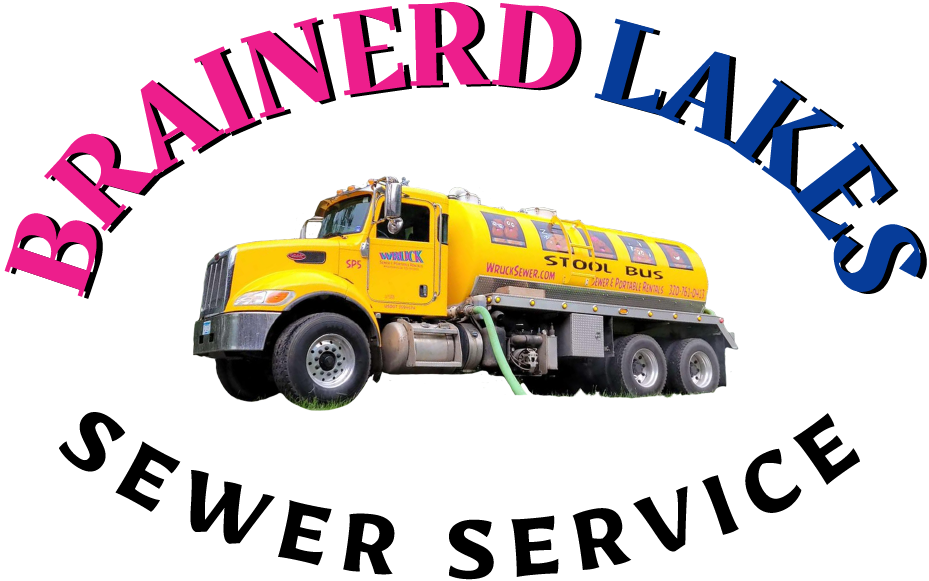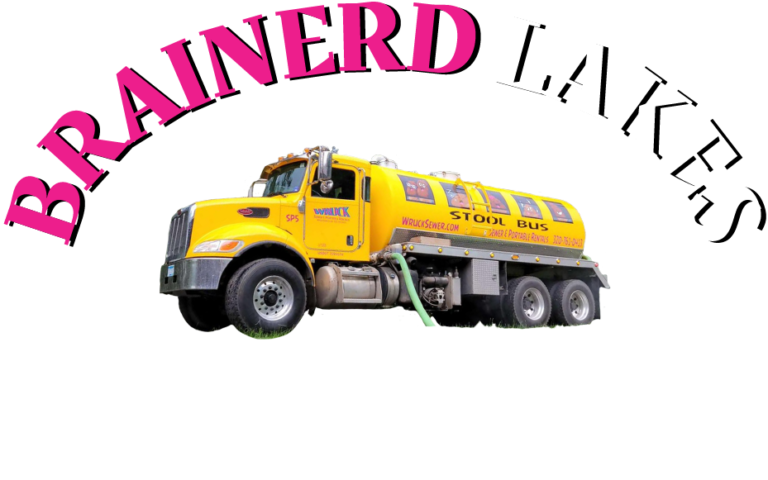FAQs
How can we help you?
Featured Questions
Frequently Ask Questions
What you need to know about YOUR Sewer or Septic system and Portable Toilets.
You’ll most likely pay about double by calling one of the national 800 numbers. They book the portable toilet and call us local providers to deliver the service. Their charges are around $200+ and most of us local portable toilet providers, charge only around $100 for the service. They pocket the difference and you pay double.
A system used each day will typically not freeze unless there is a mechanical problem such as a sagged drain line.
A common problem is leaky water fixtures such as a dripping faucet or a high efficient furnace that drips condensation into the system. This very small volume of water cools and freezes before it reaches the septic tank. The easy solution is consistent use of hot water.
- Have your tank cleaned and inspected at least every three years.
- If you can’t eat it, it shouldn’t go into the septic system.
- Use water consistently through out the week, spread out laundry, showers etc.
- Keep brush and trees from growing in the drain field area.
- Have a filter installed in your septic tank.
- Do not use additives in your septic tank.
- Keep vehicles and heavy traffic off of the septic system.
- Check all water appliances, make sure nothing is dripping.
On the average, the septic tank should be cleaned out every two to three years. It really depends directly on how the household uses the system. Variables such as how many people reside in the home, garbage disposal use, age of the system, how much entertaining is done, etc. affects the time period in which solid waste accumulates in the septic tank. The Pumper should be able to give you a recommendation once she/he has cleaned the tank. If you have a garbage disposal, the septic tank should be cleaned annually.
If you live here year round, use a good amount of hot water each day. For example: run the dishwasher each night at bedtime, even if it’s not full. If your only here on weekends, make sure your septic system is covered with hay, leaves or a cement blanket. This will insulate your system and keep the frost to a minimum. If you are only here a few weekends in the winter, you could have your tank emptied late in the fall and use your system like a holding tank during the winter. There are now several types of heating systems that can be used in septic systems depending on your needs.
Garbage disposals are not bad for systems as long as they are accounted for in the design and management of the system. Garbage disposals add organic mass to the tank, so the design process calls for a 50% increase in the volume of tanks plus a filter or divided tank. From a management perspective the filter should be cleaned annually and the tank cleaning will be needed usually twice as often as a system without a disposal.
- Lack of maintenance. Many people believe that if a septic system isn’t backing up, it must be fine.
- Over use of water compared to the design capability of the system.
- Using your septic system as a garbage can. Paint, grease, left over medication, oil and other non-organic waste should never end up in a septic system.

